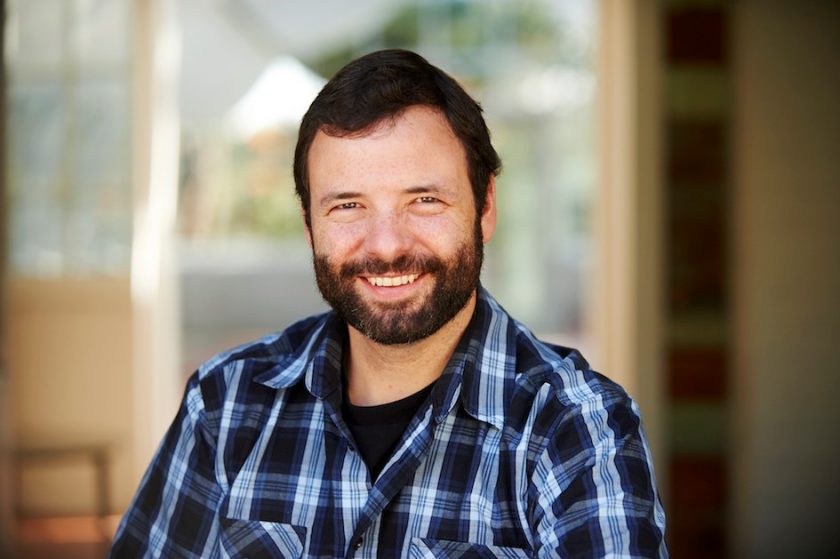
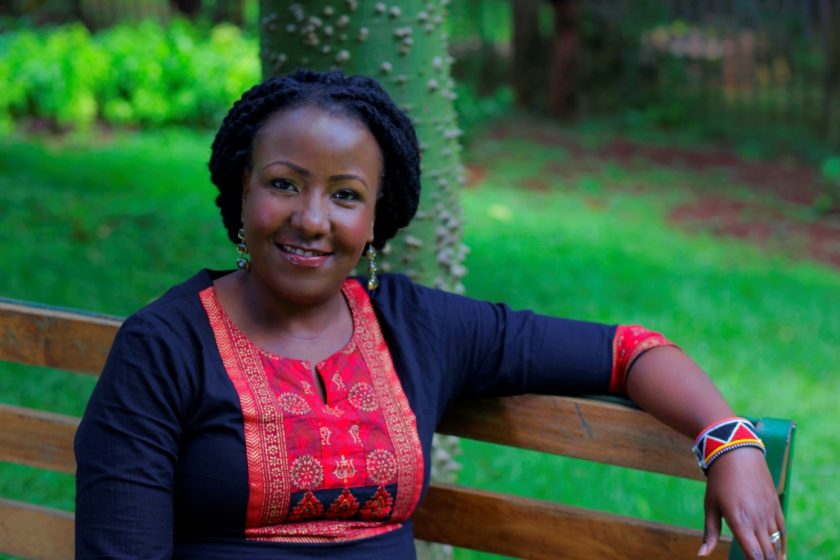
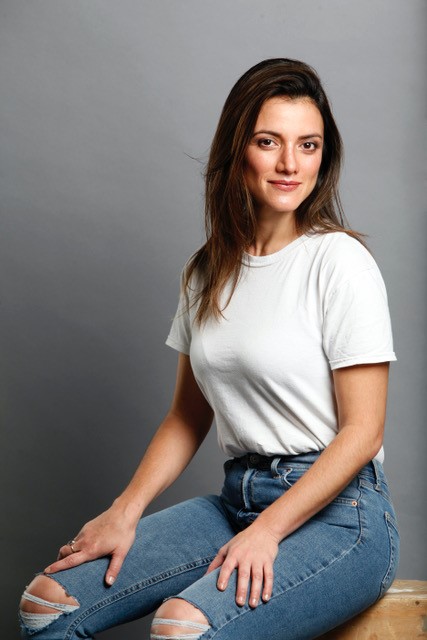
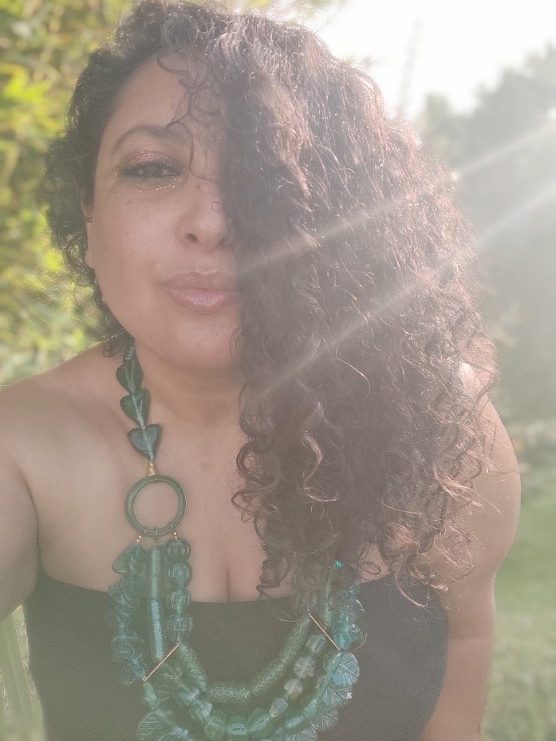
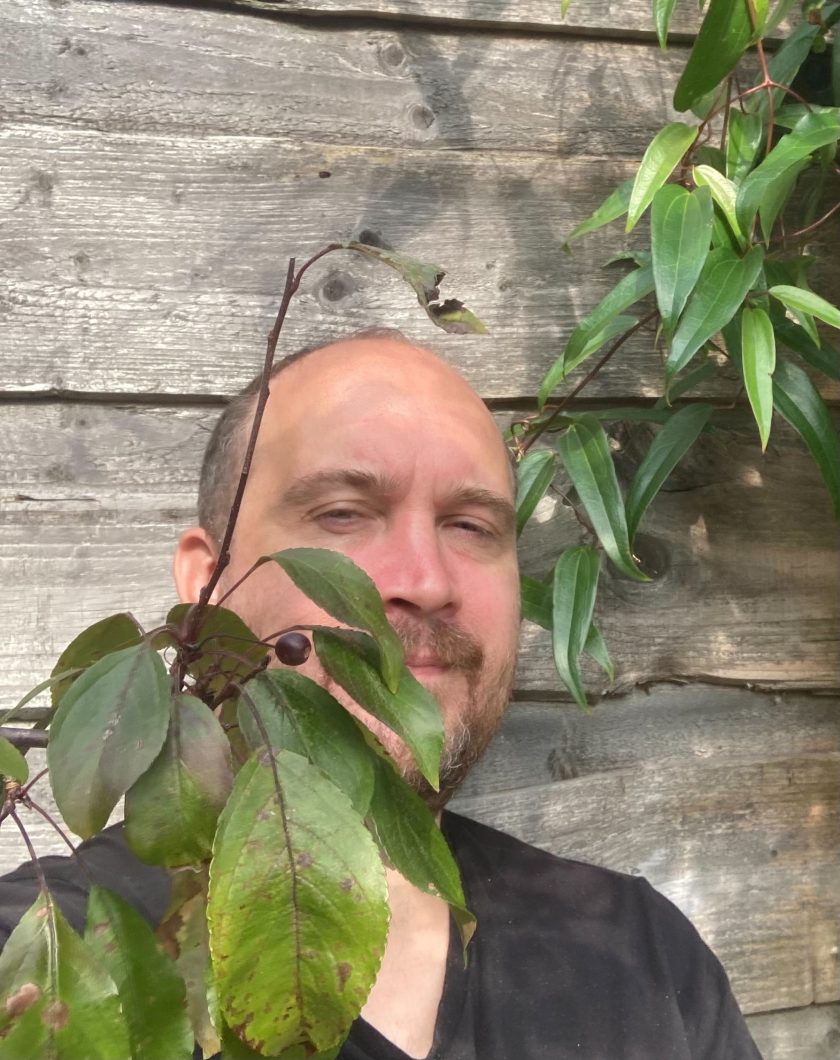
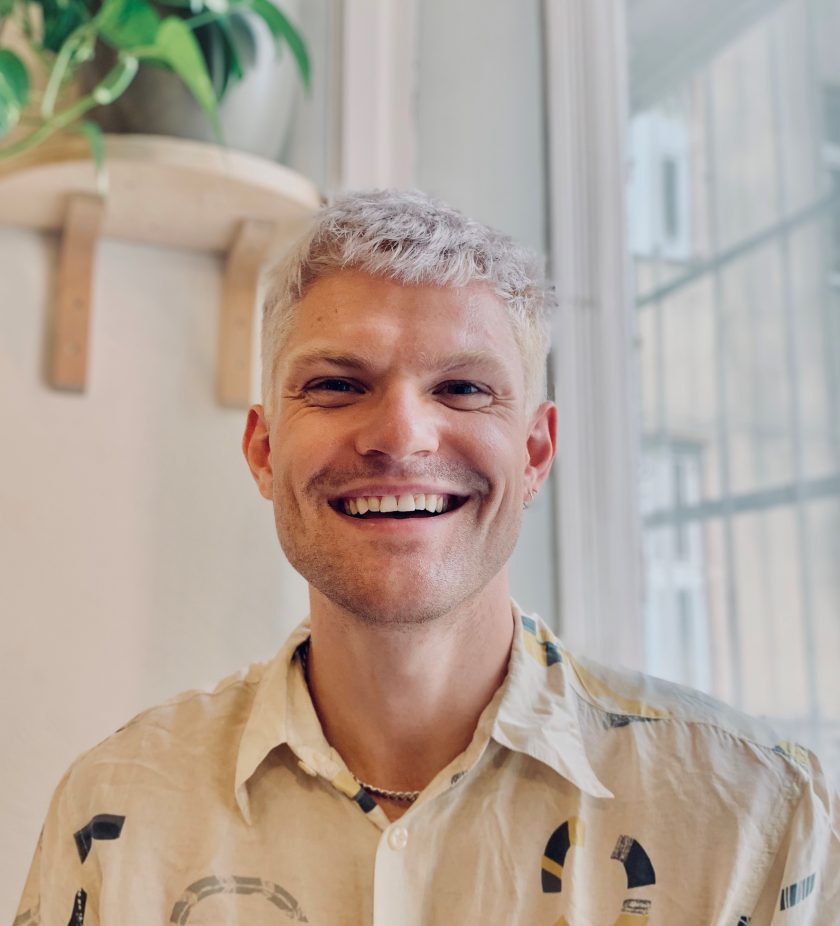
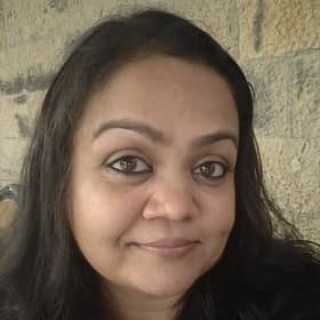
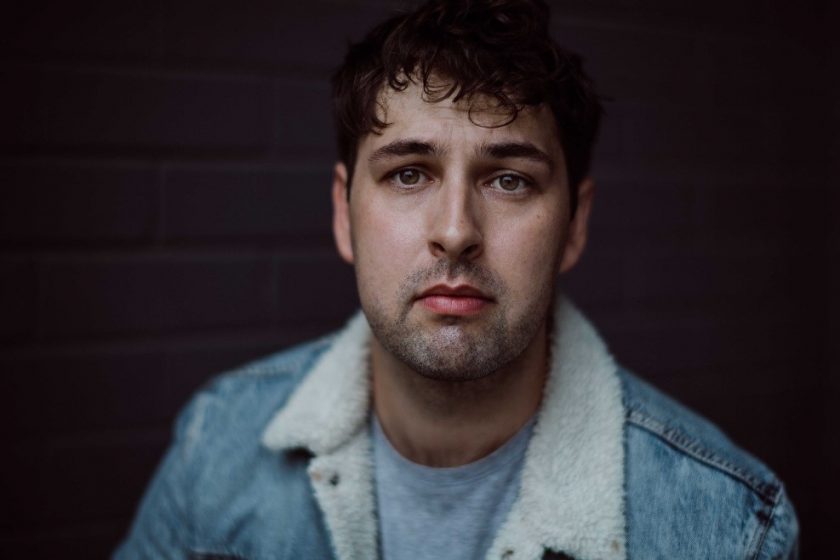
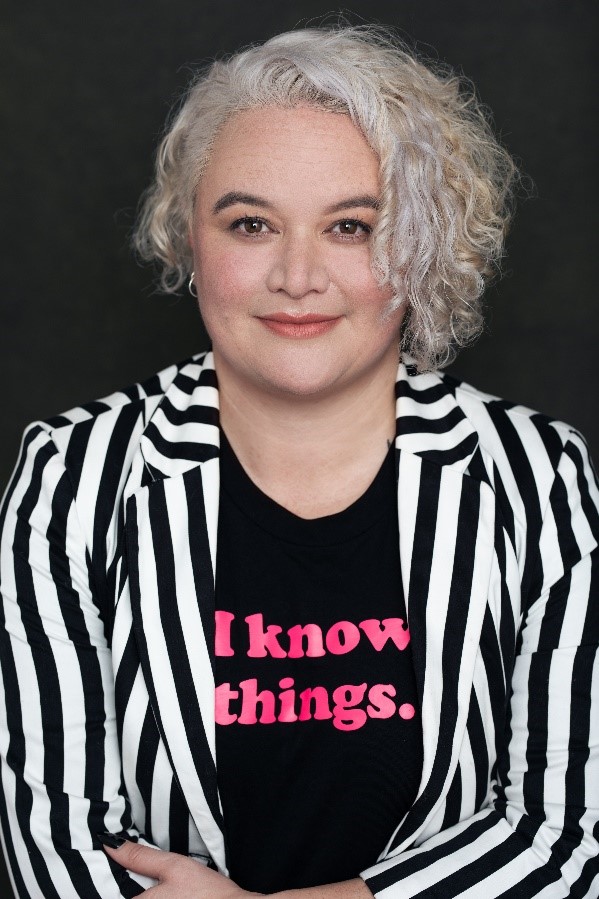
Einige der Autor*innen von ONCE UPON TOMORROW (Premiere am 29.9. in HAUS DREI), die aus der ganzen Welt stammen, haben über die Frage „Worüber sollen wir in Zukunft reden?“ nachgedacht – ihre Antworten könnten nicht vielfältiger sein.
What should we talk about in the future?
Nicolas Billon
First and foremost, I hope that whatever we talk about in the future takes the form of a conversation based on reasoned arguments and the best-available evidence, rather than the polarized and chaotic discussions that seem to pervade public discourse at the moment.
As for the content of a conversation, climate change should be at the top of the list. It’s too late to completely avert disaster, so how will humanity work to adapt to the effects? Personal action is a good start, but it won’t be enough; governments and corporations must be part of the solution. How can we make it happen?
Mwendie Mbugua
I believe our conversations about the future need to also start with the future. By this I mean our children. By consciously creating conversations, curriculums and experiences for them that teach them about caring for the environment, how life cycles work and affect all of us, the importance of forests for food security, alternative views on industrial agriculture etc. The topics are endless and with that the possibilities of showing them a better way of doing life.
Camila Le-bert
What shouldn’t we write about? We are experiencing a profound transformation of the world as we know it on so many levels. The call is to question, re-imagine and re-invent the very fundamental principles of our society from the breaking down of the capitalist heternormative supremacist patriarchy, the crumbling of the representative democracy to how we can love from a distance. There are so many urgent matters, I hope we have the courage and perseverance to follow through with the ones we decide to tackle on.
Aleya Kassam
In the future, we should be doing less talking and more listening. We need to listen to the voices of those who are silenced, the voices of those who are living with the effects of climate change every day, the voices of those who have a deep understanding of what it means to care for the earth, the voices of those who have been erased, the voices of those who came before us, the voices of those who are coming after us….we need to listen, to listen, to listen.
Chris Thorpe
We need to have an honest conversation about who we are, and who we might need to become as this phase of human development falls apart. We need to talk about what the most useful version of ourselves will be as that happen
Nathan Ellis
The challenge it seems to me is similar to the experience of oncoming grief – how do we meaningfully talk about this horrible, all-consuming mourning we are about to go through? Like the death of a loved one we know what is coming and though we can ease the pain, we cannot overcome the force of this change. So, as with grief, the question then becomes, how can we simultaneously find joy in the moment while also building our emotional resilience for what’s to come. How do we have conversations about what we have lost, and allow those conversations to look in two directions at once – to be both hopeful and despairing at the same time? I think we can learn from the experience of mourning, that we must heed our feelings, we must enact extreme kindness, and we must allow ourselves space for despair and, sometimes simultaneously, joy. That’s what I think we need to talk about.
Himali Kothari
Let’s talk about individual liability – what can I do about climate change? It is daunting to think of global temperatures and sea levels and changing climate patterns. As an individual I feel too miniscule to impact these big terms. But, there are several little things I can do all day, every day and if each one of us does that, it begins to add up and grow. Every world movement has started with one individual act. This is the reason I was so moved by the Jal Saheli story. It started, four years ago. A dozen women in a small village in central India asked themselves a question – how do we solve the water problem for our parched village? In four years, it has added 750 women in its fold. They have helped more than 100 villages and they continue to grow. For me this story brings inspiration and hope – that all may not be lost yet.
Dylan Van Den Berg
“In the future, we should be talking about where we went wrong, in order to avoid making the same mistakes again; with the environment, with the culture of racism, with the treatment of women and non-binary peoples and a host of other things we’ve messed up as humans. What we might discover is that these things are inextricably linked – they feed off and make space for one another. Hopefully, what we’ll be talking about in twenty, fifty or a hundred years from now is the humanity within all of us and the importance of preserving the natural world – because our humanity is tied up with that, too.”
Whiti Hereaka
I think we are well past the point of talking now. In the future, the near future — like five minutes from now — we should be focusing on action. I hope that the action will centre the well-being of people rather than the well-being of economic ideology. I hope we will be dismantling the systems that put individualistic greed ahead of community health — and I’m using “community” in a wide sense here: nature is an integral part of all our global communities.
Pat To Yan
Can we make use of the advancement of technology (both bio-tech and info-tech) for the well-being of humans and the Earth, but not controlling and manipulating people and nature?
Can we live in a world getting rid of the idea of Empire?
Can we jump out of the box, not to follow the old and injustice routine?
Are we bold enough to imagine and execute a future involves all of us humans and other species on Earth?








